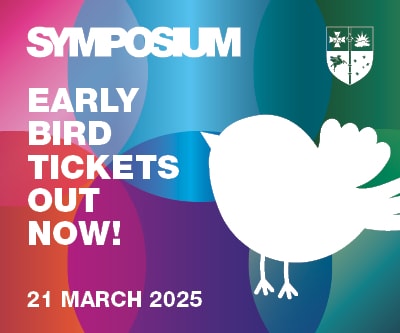Alternative Dispute Resolution (ADR) includes a variety of methods outside of court proceedings which can result in a binding or non-binding agreement to resolve a legal problem. Methods include:
- Mediation
- Arbitration
- Expert Determination
- Conciliation
- Collaborative law
Are you an ADR practitioner?
QLS accredits mediators and arbitrators and provides a number of resources to assist in resolving disputes as an ADR Practitioners.
More informationResolve your dispute at Law Society House
QLS has a number of rooms available to conduct your mediation or arbitration including large conference rooms and break out rooms.
More informationTypes of Alternative Dispute Resolution
Mediation
Mediation is a popular way of settling disputes without going to court. A mediator is an impartial third party who will guide you through a structured process to assist in the resolution of your dispute.
More informationArbitration
Arbitration is a form of alternative dispute resolution outside of the courts to obtain a decision that will legally bind the parties. The parties present their arguments and evidence to an arbitrator who acts as a judge and creates a binding determination, called an award.
More informationExpert Determination
Expert determination is a type of alternative dispute resolution process in which parties agree to have their dispute resolved (i.e. “determined”) by an independent third party (i.e. “the expert”). Sometimes the expert is a lawyer, but in many disputes the expert is a person with some technical expertise (such as an engineer, an accountant or a valuer).
More informationQueensland Building and Construction Commission (QBCC) Adjudication
The Building and Construction Industry Payments Act 2004 (BCIPA) allows a process of swift adjudication to resolve payment disputes within the building and construction industry across the State. Go to the QBCC website for more information.
More informationConciliation
If your legal issues revolve around discrimination in the workplace or relate to services, the best way to resolve the dispute may be conciliation.
More informationCollaborative law - negotiations without court involvement
Collaborative law involves both parties and their legal representatives specifically agreeing in writing to reach a settlement without resorting to litigation (a participation agreement is signed at the start of the process).
More information

